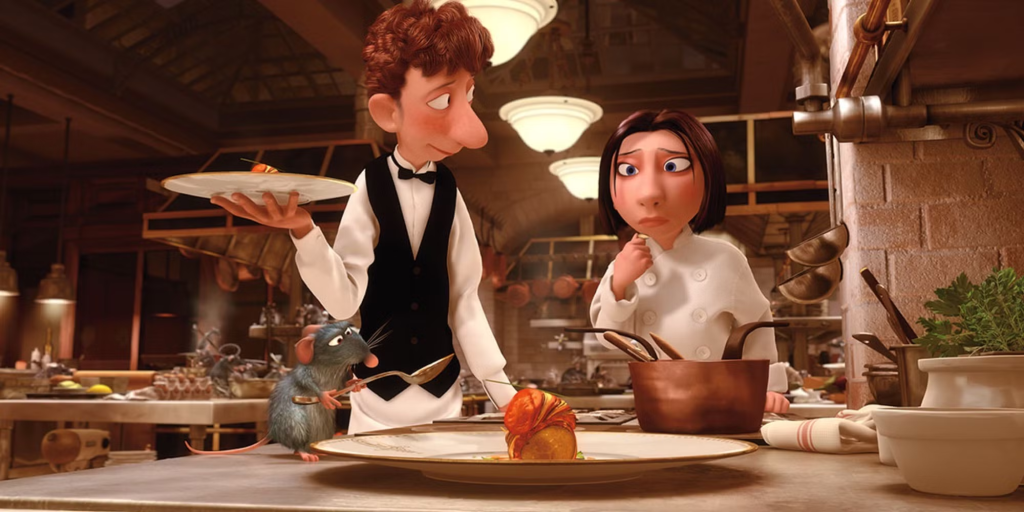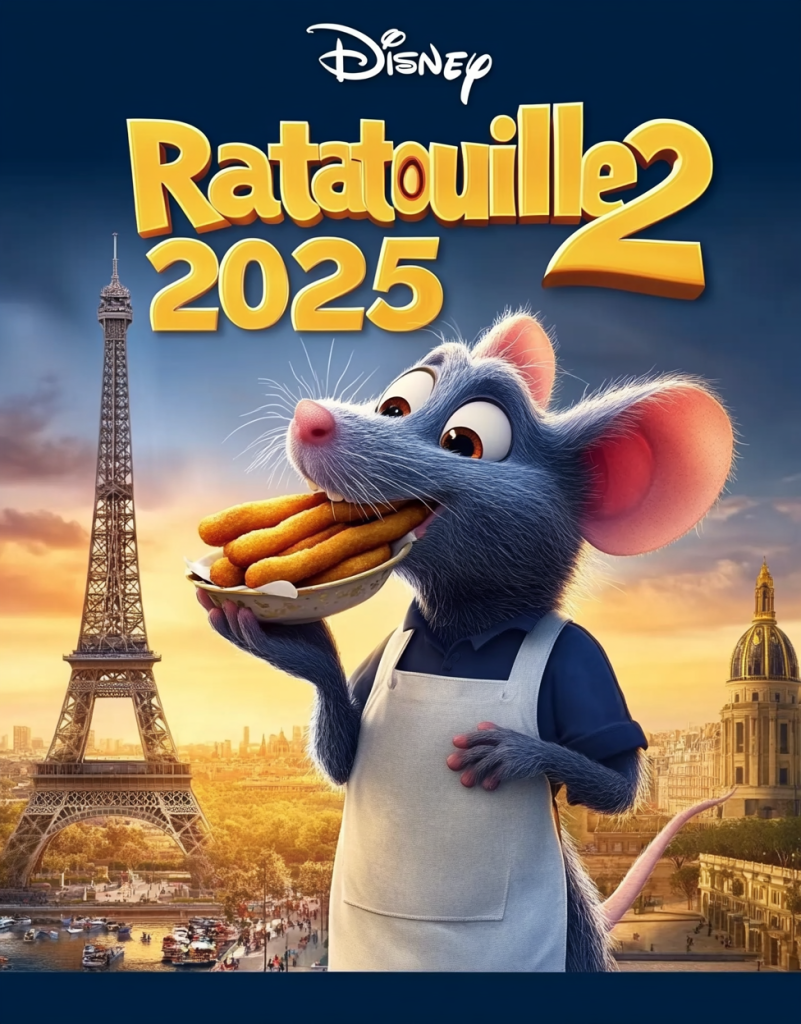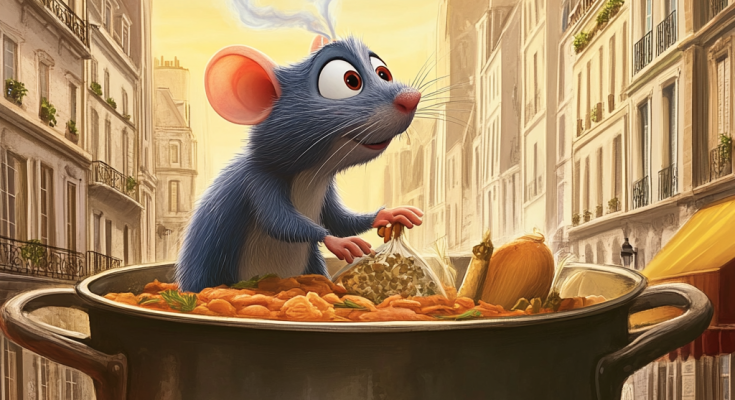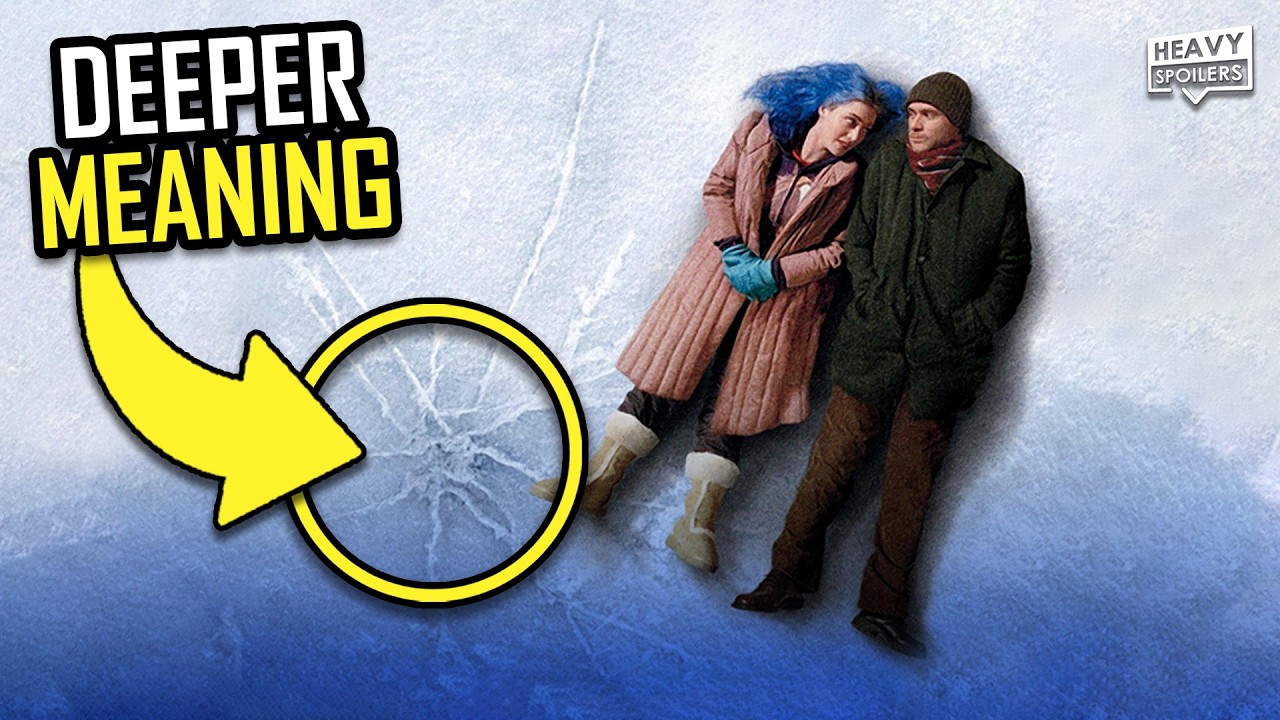Ratatouille 2 (2025) picks up a few years after the events of the first film, where the culinary scene of Paris has been revolutionized by the success of La Ratatouille, the restaurant co-owned by Alfredo Linguini and his secret chef, Remy the rat. In the sequel, the dynamic of the restaurant remains vibrant and successful, but challenges loom ahead for both Remy and Linguini.

The sequel introduces a new character, Camille, a rival chef with a reputation for her avant-garde cooking techniques. Camille represents the cutting edge of molecular gastronomy, and she opens a futuristic, high-tech restaurant that starts attracting all the media attention and high-profile clients. Remy, always eager to explore new flavors and techniques, is intrigued by her style, but Linguini feels threatened. The tension between the two grows as they try to adapt to this evolving culinary world.

Meanwhile, Remy’s rat colony is growing, and they’re starting to run out of space in the underground hideout. Remy feels torn between his loyalty to his family and his passion for cooking. His brother, Emile, begins encouraging Remy to help the colony expand, potentially putting their secret at risk. As Remy juggles these two lives—managing a kitchen and leading a colony—he faces moral dilemmas about what success truly means.

In the heart of the story is the theme of change. Camille’s restaurant represents the evolving trends in cuisine, and the film explores whether Remy and Linguini can embrace these changes or stay true to their roots. It’s a narrative about creativity, tradition, and growth, set against the beautiful backdrop of Paris.
The movie climaxes with a high-stakes cooking competition where Remy and Camille face off, pushing each other to new limits while redefining what it means to be a chef. Ratatouille 2 delivers humor, heart, and dazzling culinary artistry, with an ending that brings both tradition and innovation together.



